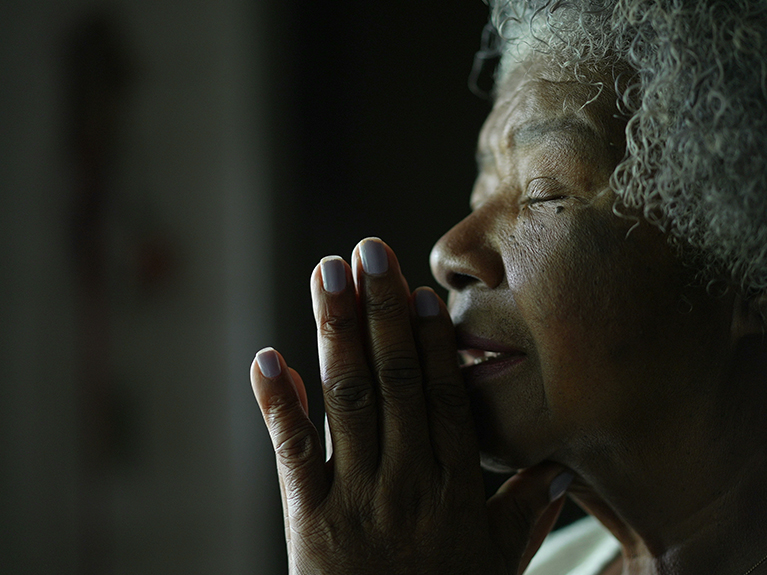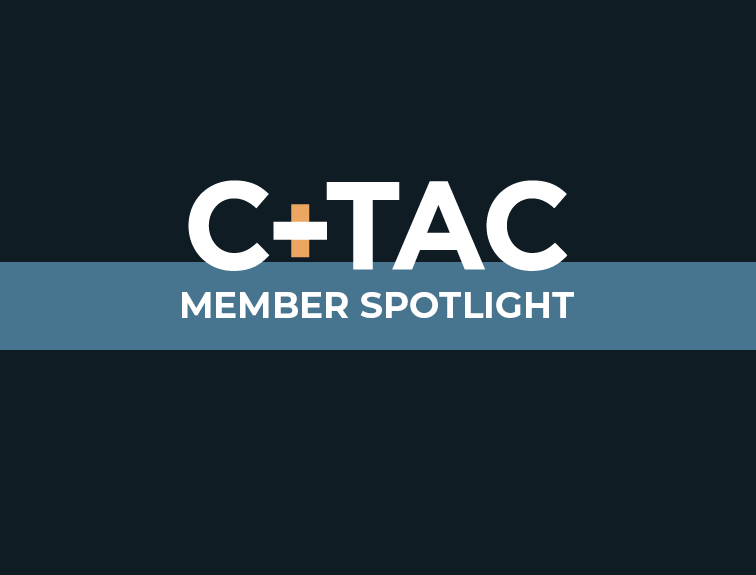Member Spotlight – Coordinated Care Alliance (CCA)
 Coordinated Care Alliance (CCA) is an innovative statewide network of 24 trusted community-based organizations (CBO) in Illinois. In 1998, these organizations strategically came together to partner with managed care health plans and provide care coordination services in the community. Each of the 24 network members of CCA is Care Coordination Units (CCUs), known as the “backbone” of the Aging Network in Illinois, directly serving older adults and their families. They offer expertise in each of their home communities, providing services to older adults allowing them to live safely and with quality of life in their homes. This robust network of CBOs has professional staff who create person-centered care plans that deliver integrated services in the home that address food insecurity, transportation, and housing issues, support economic independence, access to state and federally-funded programs, promote health and well-being and reduce social isolation. Since its forming, CCA has partnered with health care entities and associations to provide person-centered, whole-person care across the care continuum. CCA offers a single point of entry to these services and experts in working with older adults, individuals with disabilities, and their families.
Coordinated Care Alliance (CCA) is an innovative statewide network of 24 trusted community-based organizations (CBO) in Illinois. In 1998, these organizations strategically came together to partner with managed care health plans and provide care coordination services in the community. Each of the 24 network members of CCA is Care Coordination Units (CCUs), known as the “backbone” of the Aging Network in Illinois, directly serving older adults and their families. They offer expertise in each of their home communities, providing services to older adults allowing them to live safely and with quality of life in their homes. This robust network of CBOs has professional staff who create person-centered care plans that deliver integrated services in the home that address food insecurity, transportation, and housing issues, support economic independence, access to state and federally-funded programs, promote health and well-being and reduce social isolation. Since its forming, CCA has partnered with health care entities and associations to provide person-centered, whole-person care across the care continuum. CCA offers a single point of entry to these services and experts in working with older adults, individuals with disabilities, and their families.
One of CCA’s landmark services is the evidence-based Bridge Model of transitional care. The Bridge Model is a person-centered, socialwork-led, interdisciplinary model of care. Bridge emphasizes collaboration among hospitals, community-based providers, and the Aging Network to ensure a seamless continuum of healthcare across settings. The Bridge intervention begins when an individual is admitted to the hospital and continues for 30, 60, or 90 days after their transition home or to acute care. Bridge Care Coordinators are experts at building rapport with the patient and their families and become a trusted resource and point of contact.
The community-based organizations of Coordinated Care Alliance are best suited to implement transitional care for the healthcare system. These organizations have a long history of meeting the needs of frail and vulnerable adults in each community in the state. They are experts in addressing the psychosocial aspects that impact the quality of life and are knowledgeable of the federal, state, and local community resources crucial to keeping older adults safe in their homes. This is vital as research shows that between 40-50% of readmissions are related to psychosocial problems and a lack of community support resources.* The program is data-driven to target the most at-risk individuals.
CCA can meet the challenges of older adult care, particularly for those with advanced illnesses. Whether it is providing medication review programming or community-based health equity initiatives, CCA member organizations are dynamic and poised to meet the demands of the health and social care environment. CCA provides one point of entry to uniform transitional care services across the state or specialized programs to meet your unique patient/member population or regional needs. The ultimate goal of CCA and its members is to expand their reach to serve more at-risk adults with diverse, person-centered programming. CCA offers its member agencies a platform to create and deliver innovative, data-driven programming.
CCA joined C-TAC to bolster advocacy efforts to ensure all adults can access dignified care in their homes when they need it the most. Home and community-based services are critical in the care delivery spectrum, and these organizations must be funded appropriately and sustainably so they can continue to deliver high-quality services for families. CCA looks forward to a future where older adults and individuals with disabilities are able to partner with all levels of the health and social care system so no one is left behind.
*E.K. Proctor et al, “Adequacy of home care and hospital readmission for elderly congestive heart failure patients,” Health & Social Work, 25 (2000): 87–96.


